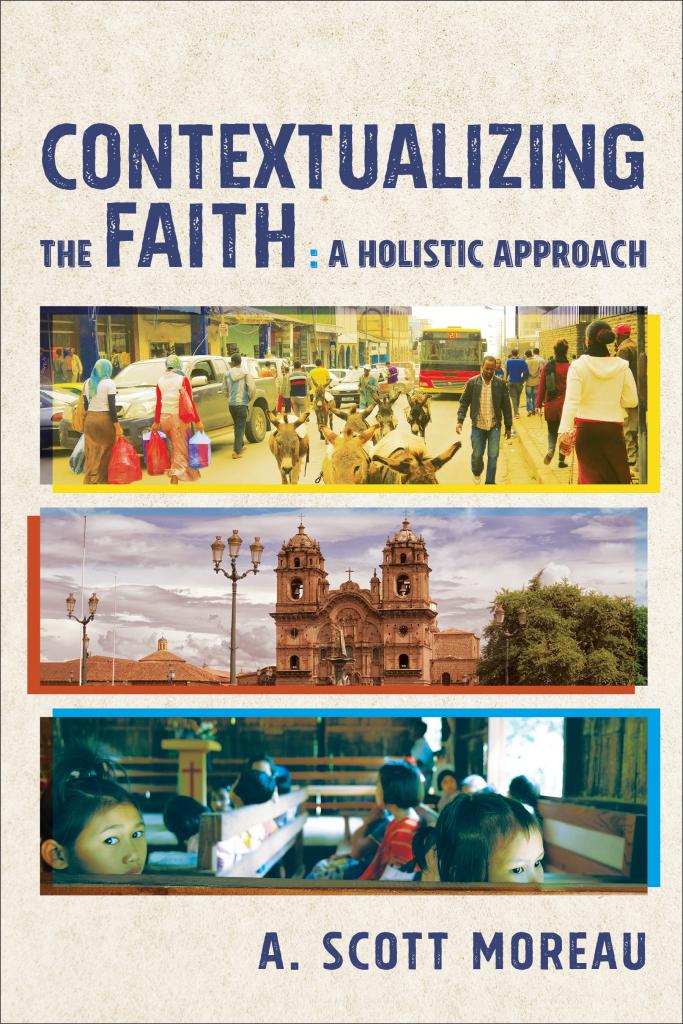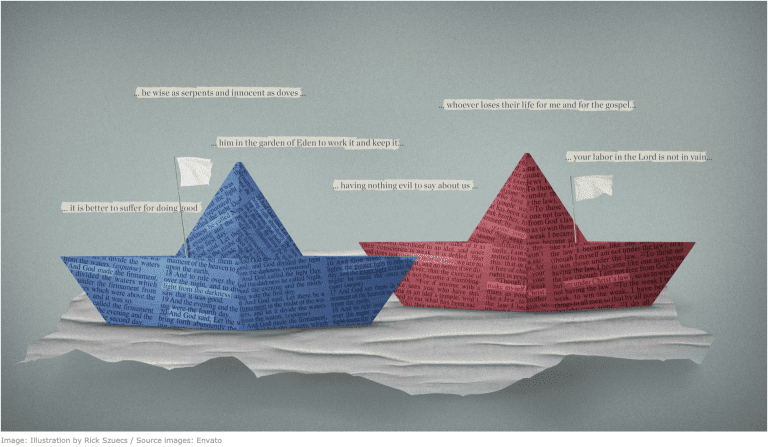When I began reading Scott Moreau’s Contextualizing the Faith: A Holistic Approach (2018), I immediately wanted to let everyone know about it. He is a well-recognized expert on contextualization. He is the Academic Dean of Wheaton College Graduate School & Professor of Intercultural Studies. I recently interviewed Scott and today I share with you his responses.
Many articles and books address the topic of contextualization. What motivated you to write this book? How does this project differ from other books on the subject?
I am reasonably familiar with most of the literature related to contextualization having followed it over the past several decades. Generally, the bulk of the literature on contextualization has tended to focus on theology—with a subtle underlying assumption that if we get the theology right everything else will fall into place I disagree with that assumption.
Further, I have not yet been able to find a single textbook that dives into how to contextualize or areas to contextualize in a cohesive and holistic fashion. Over the past 2 decades as I had been teaching and continuing to wrestle with the model I lay out in the book I realized that this would be a helpful model for many who are serving in cross cultural settings.
One of the primary differences between this book and other books on contextualization is the systematic exploration of dimensions of the Christian life that need contextual thinking and action. My hope and intention is that this will be a text that can be used by practitioners, church and mission leaders, and in classrooms.
How would you summarize the book’s thesis? What the book attempt to do?
The book explores contextualization, which I understand as everything that the church does. In teaching on contextualization I was frustrated by the fact that I had no way to cohesively explore everything that the church does without it being a mishmash of ideas thoughts and actions. In this book, I assume that contextualization can be examined in a framework of 7 dimensions (social, mythic, ethical, artistic, ritual, experiential, and doctrinal) and explore each of those in turn.
What did you find most challenging in writing Contextualizing the Faith?
Keeping the book under 100,000 words! So much can be written on each chapter, and so many examples can be found in the global church to explore. For example, in the theological dimension, I focused on Christology in African theologies—one topic from one continent. While this stands as an example of a crucial area for contextual thought, it clearly is only the tip of the proverbial iceberg in terms of what could be profitably examined.
Are there certain things in the book that you expect will be particularly controversial or challenging for readers?
For some, the fact that I try not to take sides in the current debates swirling around the globe (e.g., insider movements)—but explore them on their own terms. Others may be challenged by the examples I use (e.g., Christian Ashrams). And still others may not be satisfied with my systematic approach—it may smack too much of a ‘scientific’ approach, though having been trained in physics, I do not see the approach as scientific at all—only organized!
How do you envision people using this book or applying its insights?
I hope it generates new ideas for people who may be “stuck” at a particular stage of ministry or at least spark discussion and better thinking for those involved in some of the more contentious areas of ministry today. I use many examples from the global church in the book to help people see that this is not all theoretical—it is already happening across the globe whether or not people are following the outline I use in the book.
This book touches on a wide range of topics. Certainly, biblically faithful and culturally meaningful contextualization is a group effort. Given the breadth of areas you address in the book, how might mission agencies and schools improve the way they train missionaries?
I hope they will take advantage of the areas of preparation that are largely off-radar today. For example, in many societies ritual is a vital part of a religious life—and yet many evangelicals (as I explain in the book) consciously try to discard ritual in what might be seen as a historical knee-jerk reaction to the ritualism in both Catholicism and mainline churches in the West.
I may well be reading to much into this, but it was certainly my personal experience—I equated ritual with “dead, dry, boring” rather than seeing it as part of how God has made us as human beings and something to be consciously utilized in discipleship and spiritual development.
What are other books or resources that you have found especially helpful on this topic? Are there any works that you think complement Contextualizing the Faith?
I’m sorry to promote myself again, but my earlier work Contextualization in World Missions is a good companion volume. In that book, I work through evangelical approaches on contextualization and then map out 2490 evangelical examples of contextualization.
There are many good books focusing on a particular geographical area (Living Water in an Indian Bowl) or a particular issue (Majority World Theologies) or mapping out biblical approaches (Contextualization in the New Testament).














